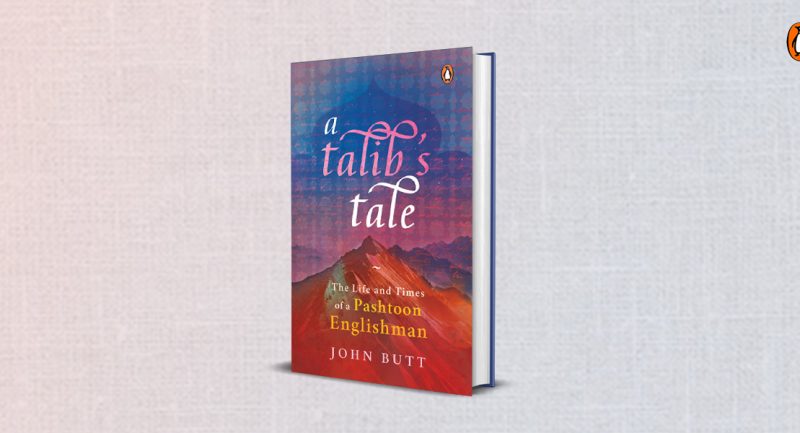
‘The Consolidators’ by Prince Mathews Thomas tells the story of seven second-generation entrepreneurs who display an arresting imagination and interest in evolving the business they inherited from their fathers.
Here’s an excerpt from the book which highlights Abhishek Khaitan’s tussle between one’s own desired profession vs the one chosen by the parents.
In many ways, the situation that Abhishek found himself in upon returning home from his studies in Bengaluru was similar to what his father Lalit had faced many years ago. The senior Khaitan too had harboured dreams of higher studies. ‘In those days there were two choices for us—law or chartered accountancy. I wanted to do law,’ he says.
The larger Khaitan families had quite a few eminent lawyers, including Devi Prasad Khaitan, founder of Khaitan & Co, the country’s third largest law firm, which completed a century of practice in 2010. Devi Prasad was part of the drafting committee that prepared the Constitution of India.
But being the oldest among his brothers and cousins, Lalit was asked by his father and uncle to study commerce at St. Xavier’s College in Kolkata, and at the same time join the family business. So after completing his classes for the day, Lalit would head to the bakery or the restaurant near Park Street that the family owned.
And then he was married at nineteen.
This—joining the family business and marrying early—was the norm in Marwari families. It was a tradition that had stood the test of time.
Many among the following generations of the family became leading lawyers, cementing the legacy of the Khaitan family in the country’s legal fraternity. A few of the Khaitans chose to do business and ventured into several industries—education, tea, batteries, cinema, restaurants, fertilizers and chemicals. Lalit’s father, G.N. Khaitan, also chose to do business.
Along with his brother, G.N. dabbled in several businesses— furniture, soap making, bakery, restaurants and a general provisions store. ‘We were a joint family. We were nine children living under the same roof [we were four brothers and a sister, and uncle had a daughter and three sons.Everything was done jointly, everything was shared. And we would all even sleep together in the same room. We didn’t have much money and were just a little above middle-class, or an upper middle-class family,’ says Lalit.
His father, called Gajju or Gajanand by his friends, was a well-known personality in Kolkata’s vibrant social circle. He had headed several institutions, including business bodies such as the Bharat Chamber of Commerce, Export Council of Engineering, and other organizations like the Indian Red Cross Society, and some popular clubs like Rajasthan Club and Bengal Rowing Club.
‘He used to be known for his bow tie. He never wore a regular tie in his life. He was very well connected, even in Bollywood. Once, he arranged a cricket match in Kolkata that had most of the biggest Bollywood names, including Raj Kapoor, attending. Shailesh Khaitan, my youngest brother, remembers the actor telling my father, “Khaitan sahib, you have got the whole of Bollywood here. If the plane crashes, Bollywood is dead”.’
Actor Pran, the legendary villain of Indian cinema, and often more popular than the heroes, was a close friend. ‘He would often drop by at our house in Kolkata. Once he was visiting after Zanjeer (a film that famously starred Amitabh Bachchan and Jaya Bhaduri) had released. I remarked that Amitabh had done a great job. Pran retorted, “What did he do? I did everything!”’
Grab your copy of The Consolidators now!










